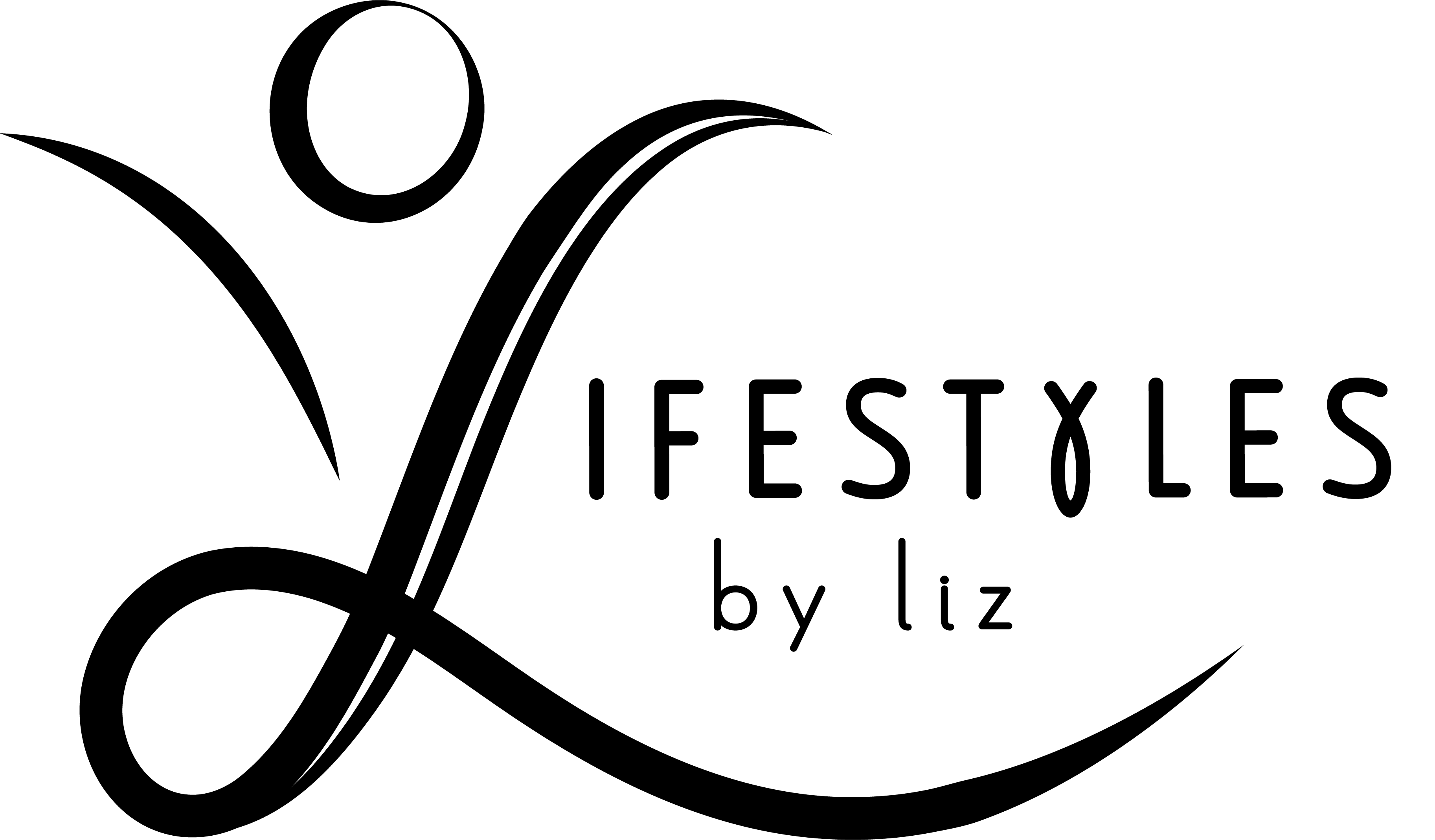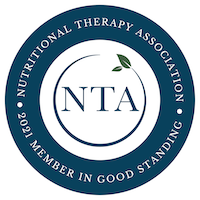Nutritional Foundations
Properly Prepared, Nutrient Dense Diet –
We must obtain our food from a large variety of whole foods. Incorporating meat, fish, dairy, nuts and seeds, fruits and vegetables, healthy fats, and unrefined carbs are optimal to support our nutrition.
Think of this: Real Food Builds Real Health. A variety of nutrients is essential to a person’s optimal health and wellness. This is a lifestyle. We need to absorb as many nutrients as we can in order to have an eclectic array of vitamins and minerals in our system. We will function better, have more energy, and increase our food horizons!
Digestion –
Proper digestion provides the nutrients that fuel and build every single cell in the body. We quite literally are what we eat; or rather, we are what we absorb.
Digestion is important to our overall health because most disease begins in the gut. If we can heal our gut properly, we are able to heal our entire being. To support digestion, we should make sure that we are always in a rested state before and during our meal. Taking a few moments to breathe deeply and give thanks for our food before our first bite is a great way to get your mind and body ready for optimal digestion.
Blood Sugar Regulation –
Not only will a whole foods diet help us regulate our blood sugar, the type of lifestyle we create is vital. Balancing our energy levels by adjusting the quality and quantity of our macronutrients, reducing stress levels, getting adequate sleep (at least 8 hours), and engaging in regular movement can help ensure we don’t have a blood sugar drop or spike.
As we work to prioritize our blood sugar regulation, it can have an incredible effect on our physiology. One habit you can create to regulate your blood sugar is always having something to eat before you drink a cup of coffee. Having coffee without food will cause our blood sugar to rise rapidly, and then quickly fall (caffeine crash). This puts added stress on our adrenals.
Fatty Acids –
Healthy fats are required for stable energy, absorption of fat soluble vitamins, optimal brain function, hormone balance, and satiety. It is imperative that we are consuming fatty acids from healthy sources. Canola, soybean, and cottonseed oil are not going to contribute to great health outcomes due to the heavy processing it goes through. Focusing the fat part of our diet on quality omega 3 and 6 sources is key. Ideally, you would like to have a 2 to 1 ratio of omega 6 to omega 3s.
Examples: Avocado, Wild Salmon, Egg Yolk, Olive Oil, Walnuts, Hemp Seeds, Evening Primrose, Black Currant Seeds
Mineral Balance –
Minerals help build bones and lend a helping hand in balancing hormones and many other key body processes. We can’t make minerals on our own, so we must obtain them from whole foods and clean beverages. Out of all minerals, calcium is the most abundant. Most likely, you are getting enough calcium but, our body’s ability to absorb it depends on six cofactors. What does that mean? For calcium to be properly distributed throughout our body, we should have balanced hormonal function, proper hydration, other vitamins and minerals that work synergistically to promote our metabolic functions, healthy essential fatty acids in our diet, and a supportive digestive system. All of these foundations build on top of one another to have our bodies functioning properly at all times.
Hydration –
Water is the most important nutrient. It’s required for numerous body processes and makes up 60% of the body. Dehydration is one of the number 1 deficiencies in America. Bottoms up!! Water cannot be stored, so it is absolutely necessary that we hydrate ourselves properly to ensure a healthy body. You can add sea salt, lemon, fruit, ginger, etc. to make it easier to drink and provide your body with the added minerals and electrolytes. I’d be lying if I said I didn’t have a 40oz emotional support water bottle with me at ALL times.
For a concise guide, check out this PDF!
Nutritional Foundations for young adults beginning their health journey



